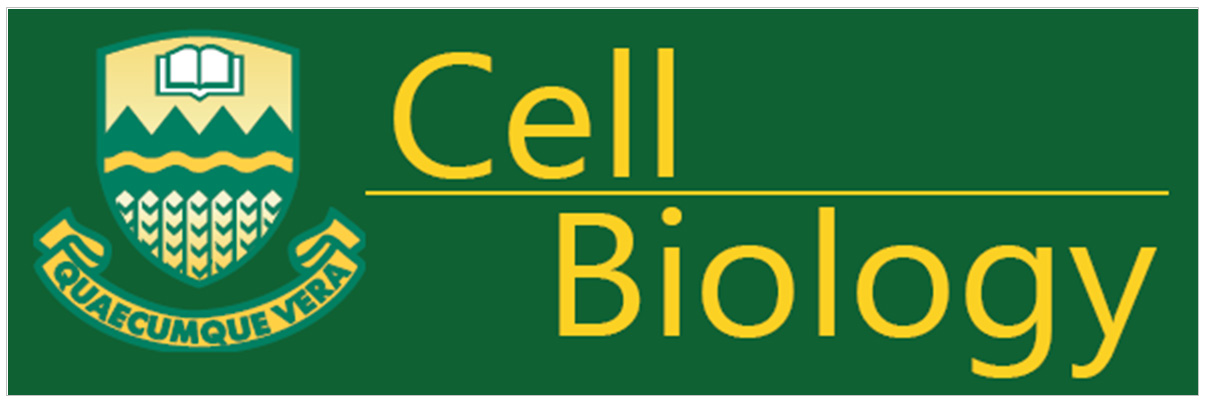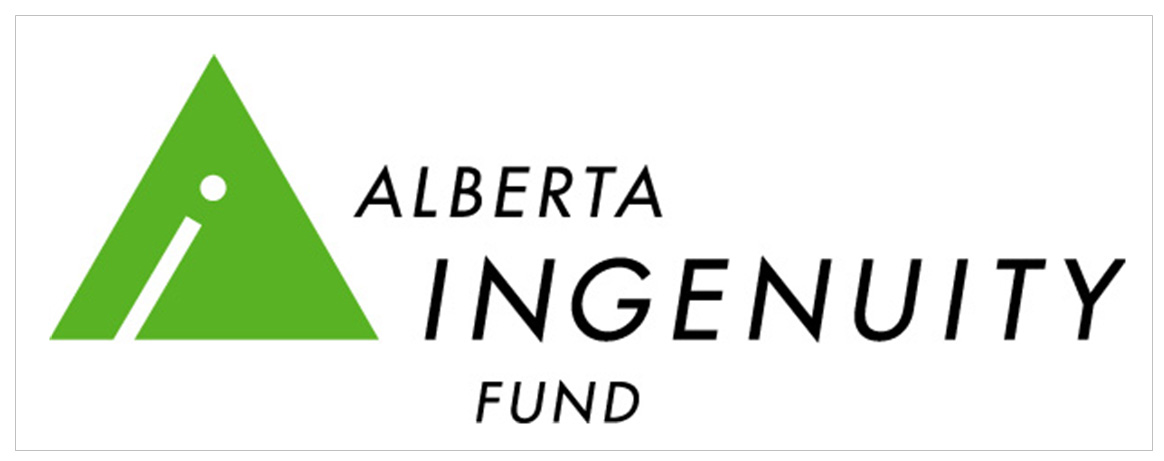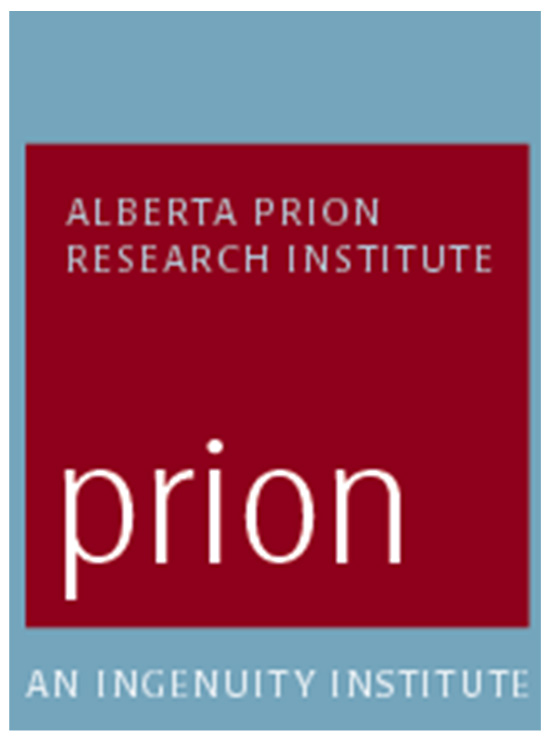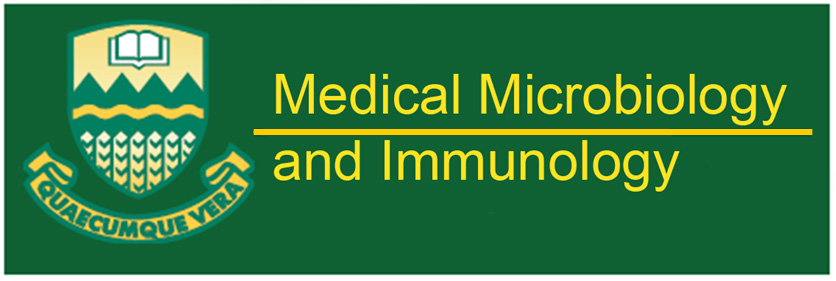Team:Alberta NINT
From 2008.igem.org
| Home | The Team | The Project | Lab Protocols | Bits and Pieces | Modeling | Notebook |
|---|
Project Summary
Two major hurdles facing the development of complex genetic logic circuits are device connectibility and device extensibility. Connectibility refers to the ability to connect the output of one device to the input of another device, while extensibility refers to the dual abilities to rationally design new devices and to combine multiple devices in one organism. Our project uses terminator/attenuator (T/A) hairpin sequences (gates) to control transcription and anti-sense RNA as input/output signals to/from the devices. We call this approach Terminator/Attenuator anti-sense Logic (T/AasL – pronounced “tossle”). It solves the connectibility problems of common protein-based approaches because the anti-sense output of one device is used to disrupt formation of T/A hairpin structures of downstream devices, thus activating them. In addition, because RNA secondary structures can be rationally designed (using our m-fold derived analysis program) we can readily construct a large family of devices with minimal cross-talk for inclusion in a single cell.
National Institute for Nanotechnology
(from the Official website http://www.nint.ca/)
The National Institute for Nanotechnology (NINT) is an integrated, multi-disciplinary institution involving researchers in physics, chemistry, engineering, biology, informatics, pharmacy and medicine. Established in 2001, it is operated as a partnership between the National Research Council and the University of Alberta, and is jointly funded by the Government of Canada, the Government of Alberta and the university.
NINT researchers are focused on the revolutionary work being done at the nano-scale, the world of individual atoms or molecules. The main focus of nanotechnology research is the integration of nano-scale devices and materials into complex nanosystems that are connected to the outside world. The long-term objective is to discover 'design rules' for nanotechnology, and develop platforms for building nanosystems and materials that can be constructed and programmed for a particular application.
NINT's Business Development Office will assist Edmonton-based nanotechnology firms. The goal is to develop a cluster of nanotechnology companies using and producing nanotech. NINT will be the nexus of this cluster by fostering collaboration, providing access to the facility and researcher expertise, and assisting companies with commercialization, licensing and other business activities.
Located in Edmonton, Alberta on the University of Alberta campus, NINT's 20,000 square-metre building is one of the world's most technologically advanced research facilities and houses the quietest laboratory space in Canada.
University of Alberta
(from the official web site: http://www.ualberta.ca)
Opened in 1908 as a board-governed public institution, the University of
Alberta has grown to be one of Canada’s foremost research-intensive
universities, with external research funding in 2006-07 of more than $480
million, more than 36,500 students in more than 200 undergraduate
programs and 170 graduate programs and a growing body of international
students from more than 100 countries.
The University of Alberta and Campus Saint-Jean, the university’s French language
faculty, are located in Edmonton, the vibrant, cosmopolitan capital
of the province of Alberta. The university also offers a liberal arts education in
a rural setting at the Augustana Campus in Camrose, 90 km southeast of
Edmonton.
Students enjoy an exceptional quality of life on a diverse, friendly campus
bordering the North Saskatchewan River and North America’s largest river valley
park in a metropolitan area with a population of one million. Edmonton’s
economic growth is consistently ranked among the top Canadian cities.
In partnership with industry and government, the University of Alberta plays
a pivotal role in advancing the economic prosperity of Edmonton and Alberta;
the impact of its research discoveries are felt worldwide. The university’s
pioneering spirit inspires faculty and students to advance knowledge through
research, to seek innovation in teaching and learning, and to find new ways
to serve the people of Alberta
and the world.

 "
"



